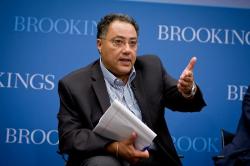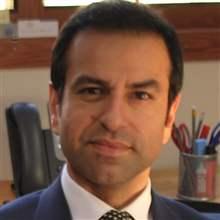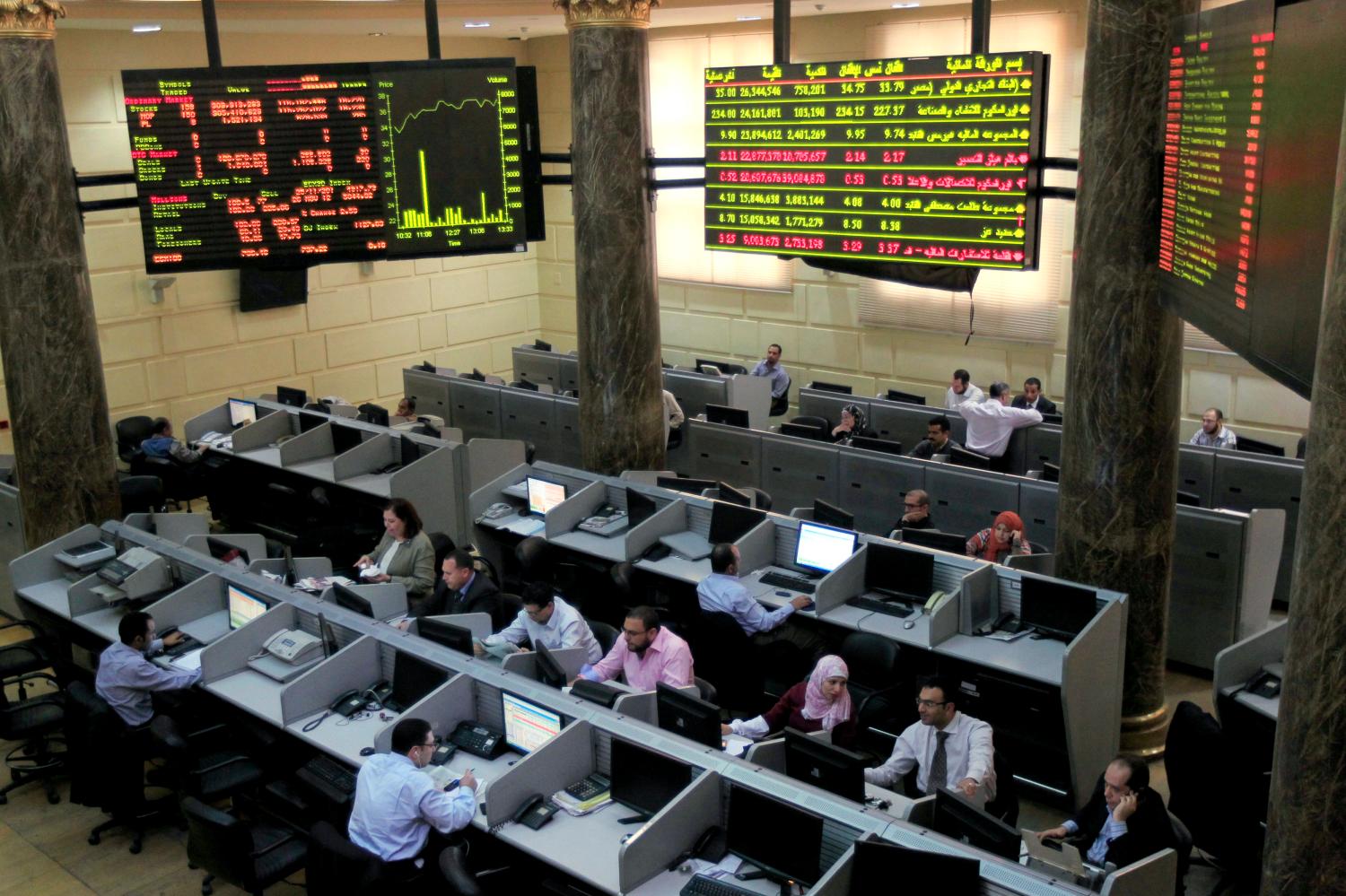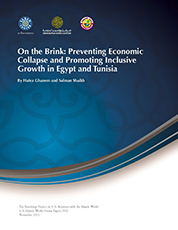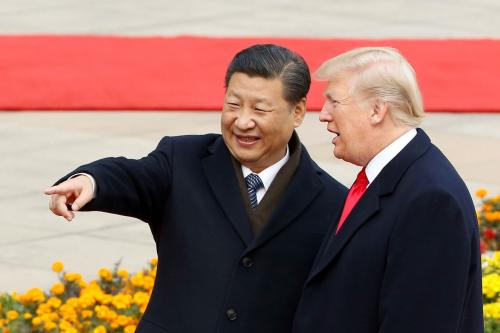Content from the Brookings Doha Center is now archived. In September 2021, after 14 years of impactful partnership, Brookings and the Brookings Doha Center announced that they were ending their affiliation. The Brookings Doha Center is now the Middle East Council on Global Affairs, a separate public policy institution based in Qatar.
Economic recovery grounded in inclusive economic growth should be a top priority for the new leadership in Tunisia and Egypt. This paper analyzes the actions governments and donors should take to achieve macro-financial stabilization, increase economic opportunities for youth and disadvantaged groups, and improve good governance in support of inclusive and sustainable growth.
Among the Key Findings:
-
Successful implementation of economic reform requires broad national consultations and some degree of political consensus, which governments could work towards by publicizing economic programs, reaching out to opposition groups, and providing an appropriate legal framework for NGO action.
-
Security sector reforms should be given high priority, as security and political stability are important prerequisites for resuming economic growth.
-
Macro-stabilization programs must be accompanied by social mitigation measures and actions that lay the ground for inclusive growth, including: strong and targeted social safety net programs; better corruption control; and programs to develop small and medium enterprises.
Read other publications from the 2013 U.S.-Islamic World Forum »
The Brookings Institution is committed to quality, independence, and impact.
We are supported by a diverse array of funders. In line with our values and policies, each Brookings publication represents the sole views of its author(s).
